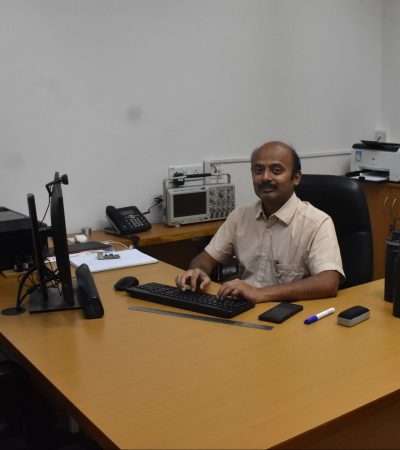PrinciPAl investigAtor
Dr. Balaji Jayaprakash
Associate Professor, Centre for Neuroscience, Indian Institute of Science.
Research: Learning and Memory
Post Doctoral Fellow with Prof. Silva, Department of Neurobiology, UCLA, Los Angeles, July 2007- Dec 2011
Post Doctoral Fellow with Prof. Ryan, Department of Biochemistry, Weil Medical College of Cornell University, New York, NY – 10021. USA, 2005 – 2007
Tata Institute of Fundamental Research, Visiting Fellow, 2004 – 2005
Tata Institute of Fundamental Research, Ph.D. (Chemistry), 2004
Post-Doctoral Fellows
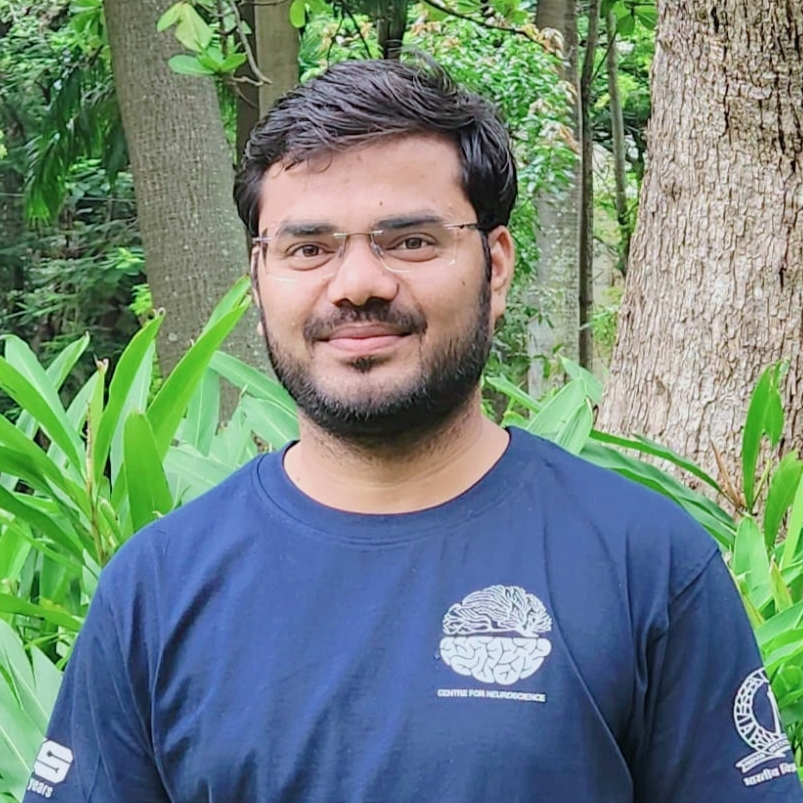
Dr. Himanshu Bansal
Himanshu is a National Postdoctoral Fellow in the lab since November 2025. He joined the lab as a Research Associate II in June 2024. He earned his Ph.D. in Physics from Dayalbagh Educational Institute, Agra, in 2023, where his doctoral research focused on formulation of computational models to study the optogenetic control of neuronal signaling. Currently, Himanshu is involved in the design and development of advanced imaging systems that include a Non-Descanned Image Scanning Microscope and Two-photon in-vivo imaging system. His research interests lie at the intersection of physics and neuroscience, with a particular emphasis on creating innovative tools for studying brain function at the cellular and subcellular levels.
Doctoral Students
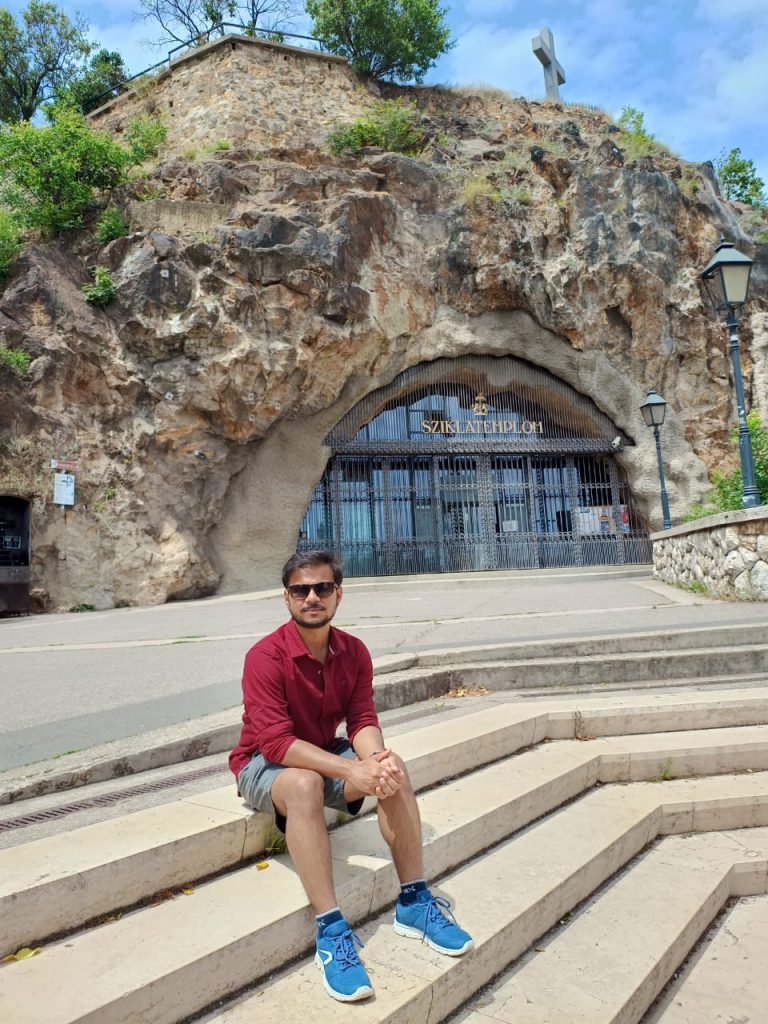
Nirupam Das
Nirupam joined our lab in 2018,after finishing his M.Sc in Zoology from Banaras Hindu University(2016-18).From his Master’s day he was interested to study animal behavior and underlying neuronal mechanisms, which motivated him to join our lab. Currently he is working on inhibitory neuronal networks,and its role in maintaining memory specificity, generalization and Higher-order associations. He is using chemogenetics and fiber-photometry techniques to selectively modulate the activity of inhibitory neurons ,and measure their activities in real-time.

Manish Prajapat
Manish completed his bachelor’s in Chemical Engineering from the IIT Guwahati. Passionate to understand how the brain generates new information from existing knowledge motivated him to pursue a PhD in Neuroscience. His research explores the mechanisms that resolve the conflict that arises from the interplay between sensory inputs and memory-driven processes within the brain. He uses state-of-the-art methods to reactivate the memory cells in the brain to invoke conflict.
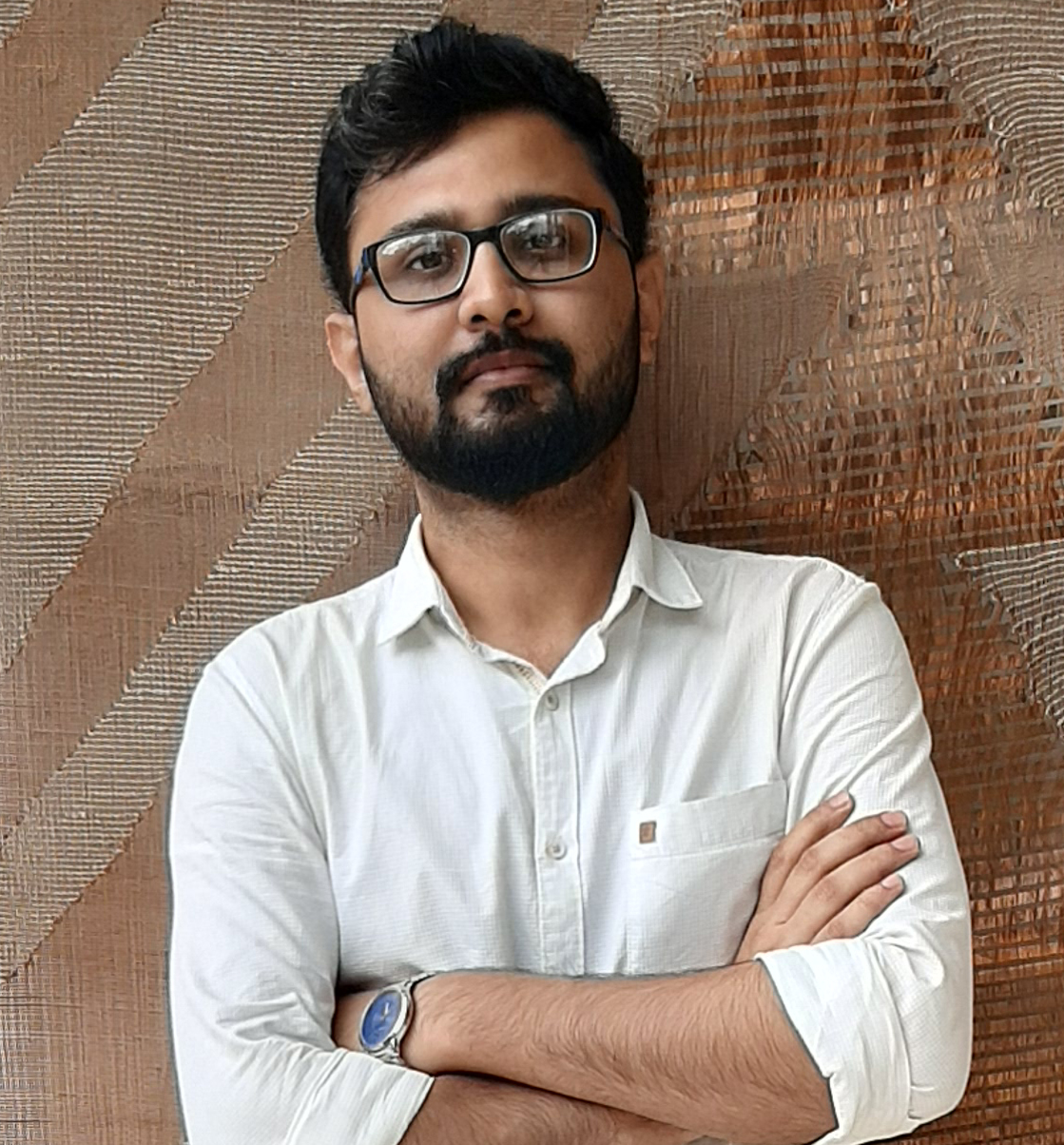
Aritra Dutta
He pursued his graduation in Microbiology from St Xaviers College, Kolkata (2015- 18) and his masters in Biotechnology from IIT Roorkee (2018- 20). He joined this lab as a graduate student in 2020 with the crave of having in depth understanding of how the brain functions especially in forming memory. He is interested in unraveling the mechanism of encoding information by the brain already primed with different experiences. It has been established that the molecular pathway responsible for encoding memories by the brain which has previously already acquired a similar experience is different from the pathway which gets activated for encoding a novel memory. He is working to understand how such memories formed by a novel experience and subsequent similar experience interact with each other by dissecting the underlying molecular pathway.

Rajesh Mandal
Rajesh completed his B.Tech in Electronics and Communication Engineering at the Central Institute of Technology in 2019, he pursued his M.Tech in Electronic Design & Technology at Tezpur University. In 2021, he joined this laboratory to delve into the field of Neuroscience. Currently, his focus lies on a project centered around the design and development of noninvasive, portable opto-electronic devices. These devices are based on broadband functional Near Infrared Spectroscopy (fNIRS) and are utilized for the detection of neuronal activity in various regions of the brain. His research interests primarily revolve around (fNIRS) and studying neuronal activity in terms of cellular metabolism pathways.

Maiolica Bandyopadhyay
Maiolica pursued her integrated B. Tech and M. Tech Dual Degree in Biotechnology from School of Biotechnology, Kalinga Institute of Industrial Technology (KIIT) Deemed to be University, Bhubaneswar (2019-2024). She joined this lab recently, with strong motivation to understand the mechanisms of neuronal plasticity in response to new experiences, environments, and learning. Currently she is working on behavioral patterns of memory and learning in mice at external space surrounding them.
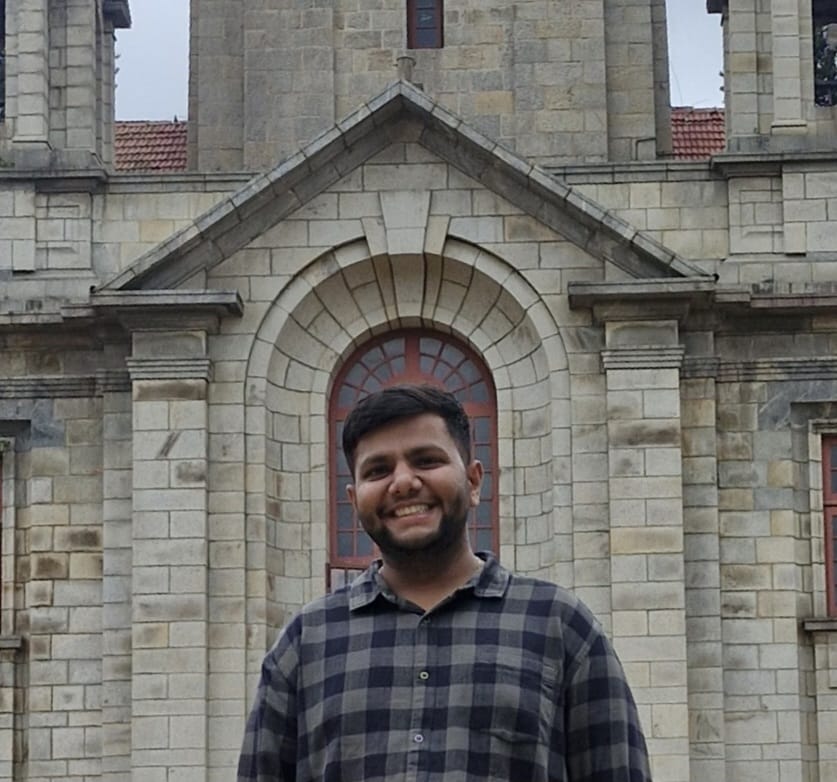
Tanmay Jain
Tanmay pursued his B. Tech in Biotechnology from Vellore Institute of Technology (VIT) Vellore(2020-2024). He joined this lab recently, with strong motivation to understand the neuronal and molecular mechanisms of learning and memory.
Project Associates
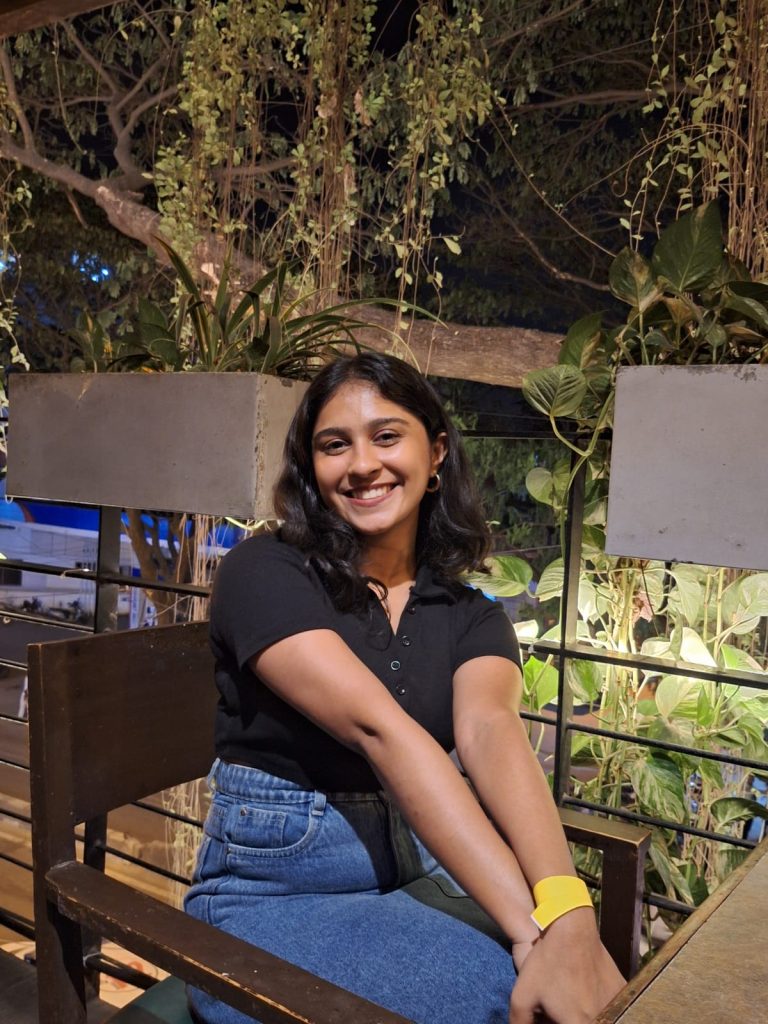
Raniya Panali
Raniya completed her integrated BS-MS dual degree from the Indian Institute of Science Education and Research (IISER), Thiruvananthapuram, majoring in Chemistry with a minor in Physics. During her undergraduate studies, she explored a range of disciplines before discovering her passion for Neuroscience. She is now a research assistant in the lab.
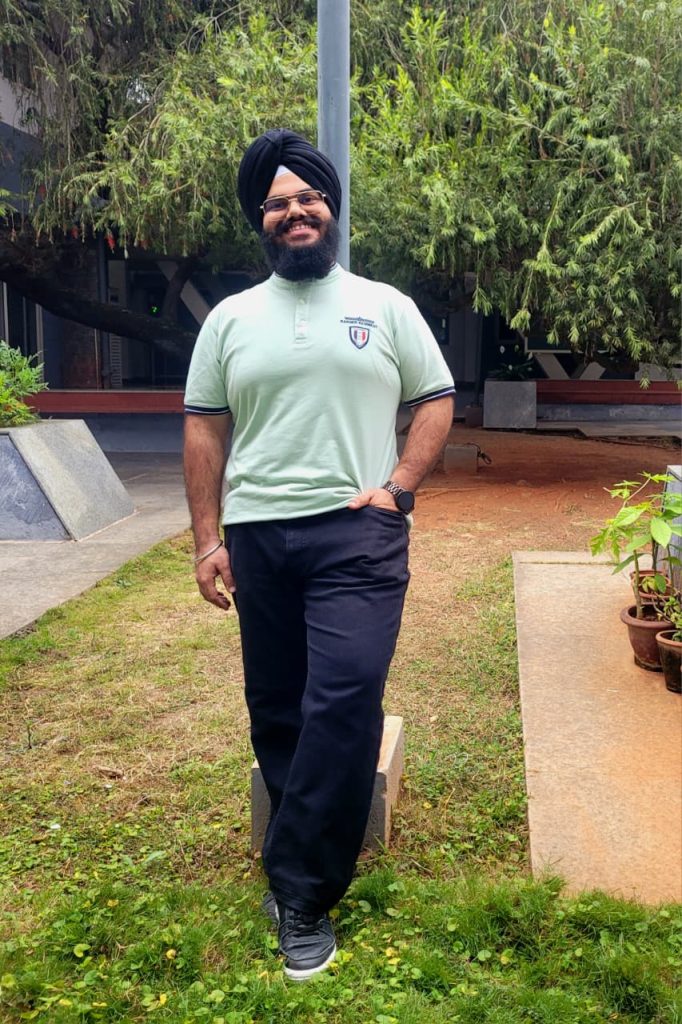
Ishatpreet Singh
Ishatpreet Singh is a BS–MS (Biology) graduate from IISER Mohali. His work explores how memories interact and interfere with one another as they are reorganized across the brain during systems consolidation. In his current project, he investigates the role of parvalbumin (PV) interneurons in shaping memory stability by modulating inhibitory circuits in mice. Through behavioral paradigms and circuit-level approaches, he examines how interneuron dynamics influence memory precision and interference over time. He is broadly interested in the neural mechanisms underlying learning, memory consolidation, and cognitive flexibility.
Thesis Students
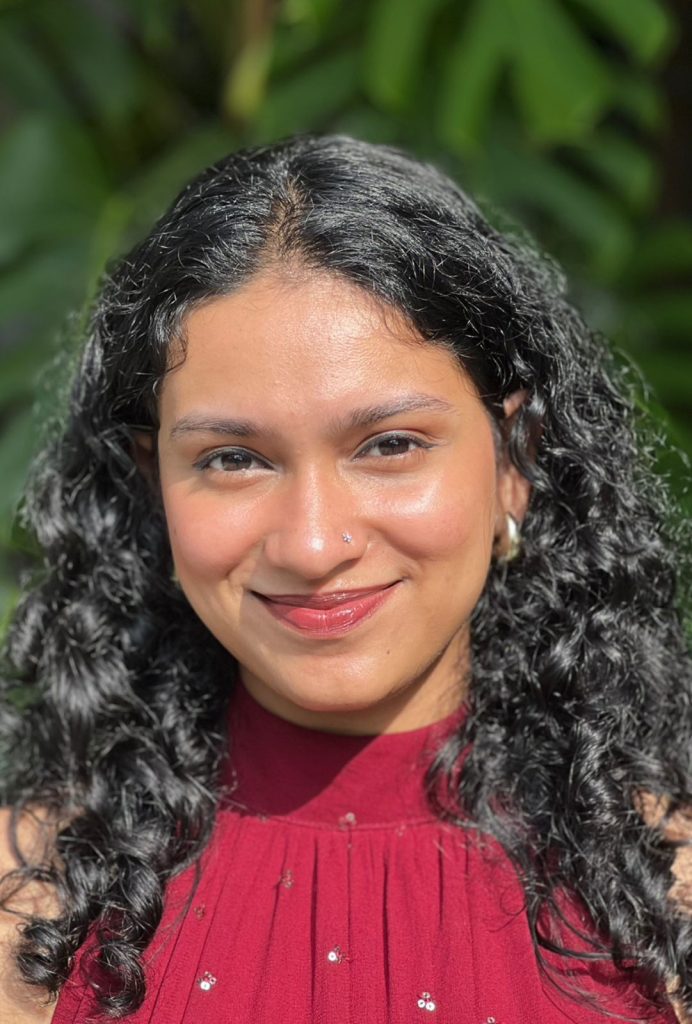
Ann Angella Siby
Ann is an integrated MSc Biotechnology student from VIT Vellore, currently pursuing her master’s thesis in the lab. Her project focuses on investigating chemotherapy-induced cognitive impairment (chemo brain) using behavioral assays and imaging approaches.
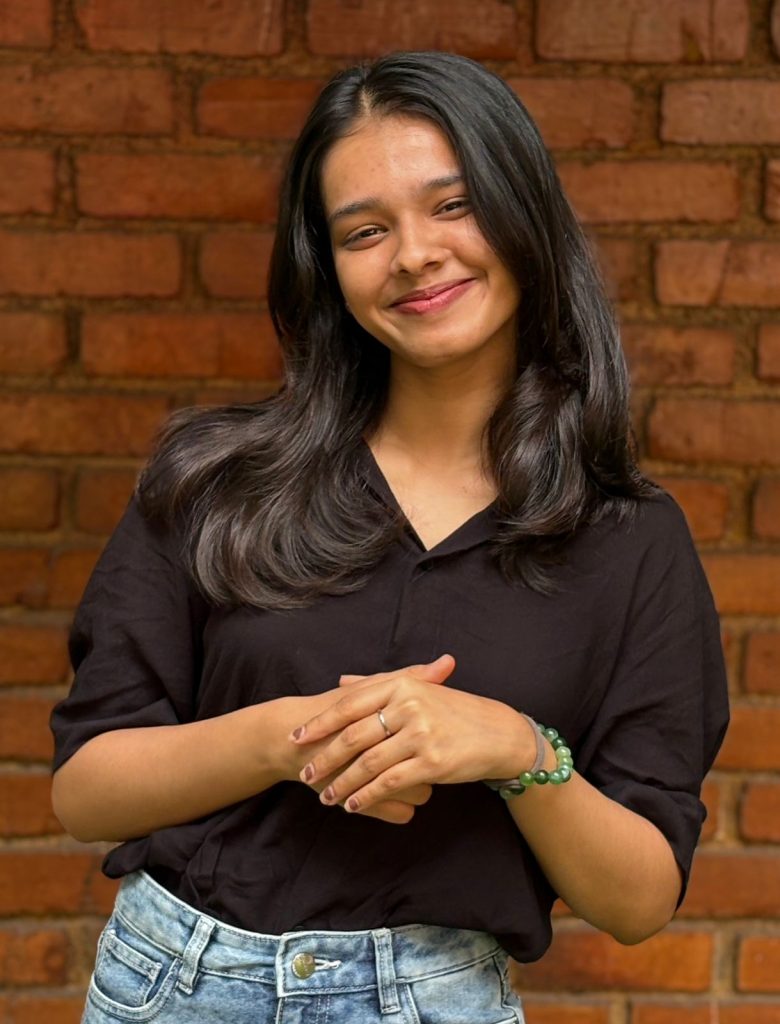
Aneetta Anil
Aneetta is an Integrated MSc Biotechnology student from Vellore Institute of Technology, Vellore. She joined the lab in June 2025 and is working to study the effects of vascular health on cognition using behavioural and imaging analysis.
interns
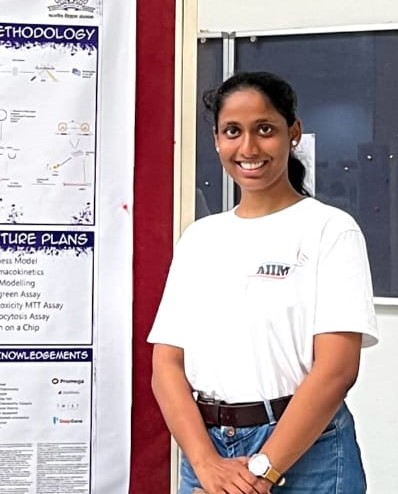
Yukta Subramanian
Yukta is an undergraduate at IISc. Passionate about the intricacies of brain functioning at molecular and cellular level, in healthy and diseased conditions, she joined the lab in May 2024. With Pradeep and Ishatpreet, she is studying memory interference in mice using spatial learning task.

